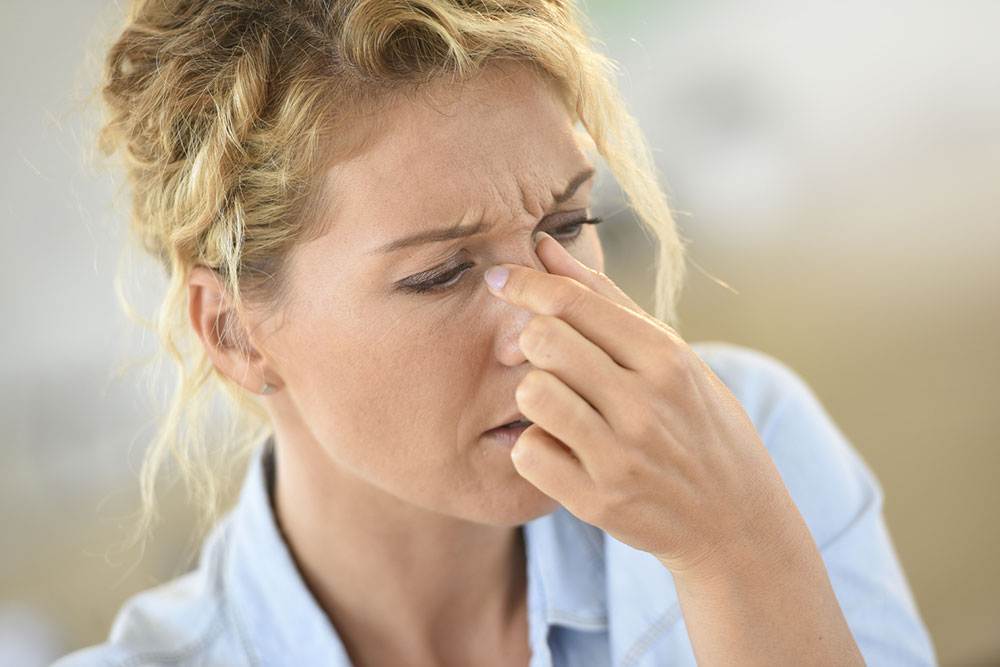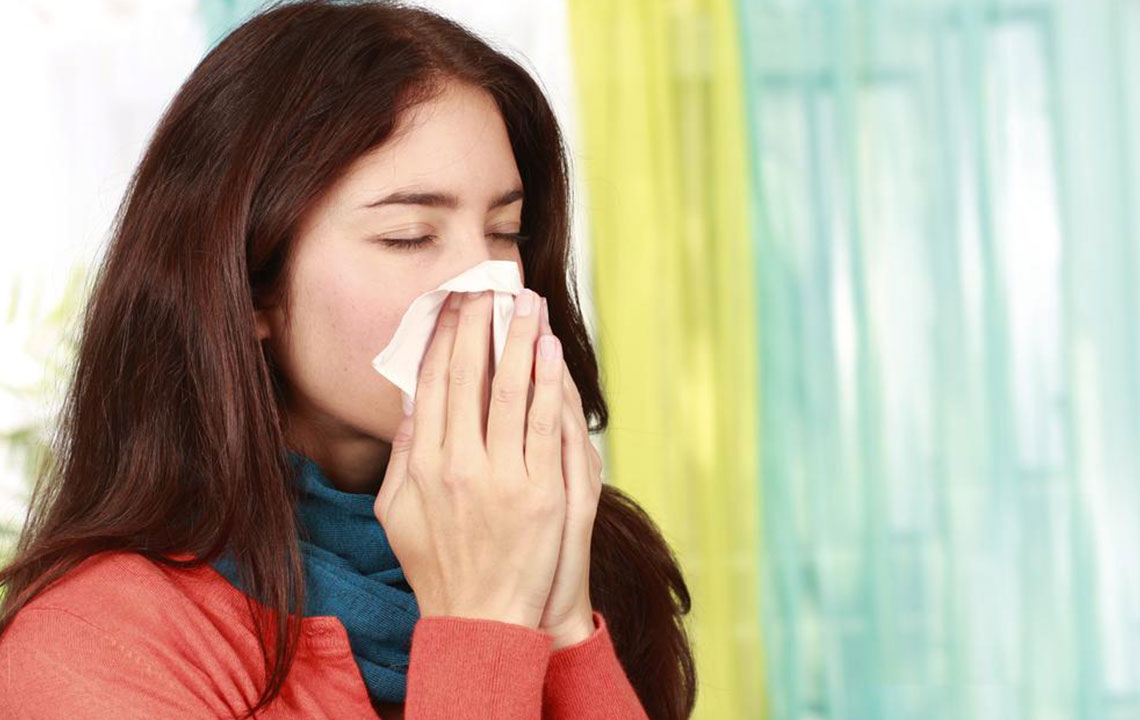Effective Methods to Relieve Sinus Inflammation and Improve Breathing Comfort
Learn comprehensive strategies to alleviate sinus inflammation effectively. This guide covers natural remedies, lifestyle tips, and medical options to reduce sinus pain and enhance breathing comfort. Discover how proper care and home treatments can prevent chronic sinus issues and promote sinus health for a better quality of life.

Effective Methods to Relieve Sinus Inflammation and Improve Breathing Comfort
Sinus inflammation, commonly known as sinusitis, is a prevalent condition characterized by swelling and blockage within the sinus cavities. These cavities, located around the nasal passages, become inflamed due to infections—viral, bacterial—or allergic reactions, leading to discomfort and breathing difficulties. Understanding how to effectively alleviate sinus inflammation is vital for restoring normal breathing, reducing pain, and preventing the condition from becoming chronic.
Understanding Sinusitis
The human sinuses are a network of small air-filled spaces situated in the facial bones, including around the nose, forehead, cheeks, and between the eyes. These structures are lined with mucous membranes that produce mucus, which traps dust, pollutants, and pathogens, helping to filter the air we breathe and maintain respiratory health.
When these sinuses become inflamed or infected, the mucous membranes swell, narrowing the passages and trapping mucus. This leads to increased pressure, pain, and congestion in the facial region, often accompanied by other symptoms such as headaches, nasal discharge, fever, fatigue, and difficulty breathing through the nose.
Sinusitis can be classified into two main types: acute and chronic. Acute sinusitis typically lasts less than four weeks and often results from viral infections like the common cold or influenza. Chronic sinusitis persists for more than twelve weeks, sometimes lasting months or even years, often associated with allergies, nasal polyps, or structural abnormalities in the sinuses.
Common symptoms include facial tenderness, headaches, nasal congestion, post-nasal drip, cough, fever, fatigue, and pressure around the eyes and forehead. While viral infections are the most frequent causes, bacterial infections and allergic reactions also contribute to sinus inflammation. Recognizing the symptoms and understanding the underlying causes are essential steps toward effective treatment.
Management and treatment of sinusitis focus on relieving sinus pressure, clearing congestion, and addressing the root cause. Antibiotics are prescribed only when bacterial infection is confirmed, while antiviral medications or supportive care are used for viral cases. Antihistamines and decongestants help reduce allergy symptoms and nasal swelling. Additionally, natural remedies such as nasal saline irrigation, steam inhalation, and gentle facial massage can significantly promote sinus drainage and relieve discomfort.
Incorporating lifestyle changes can further facilitate recovery. Consuming hot, nourishing foods like chicken soup, staying consistently hydrated, and maintaining proper rest are critical components of healing. Natural remedies, including ginger, turmeric, lemon, and honey drinks, are known for their anti-inflammatory and immune-boosting properties. Spicy foods can help open nasal passages due to their decongestant effect, while probiotics and antiviral foods support immune health. Practicing good hygiene, avoiding allergens, and staying away from irritants like smoke and pollution are also beneficial for preventing recurrent sinus issues.
For long-term relief, certain home strategies can be incorporated into daily routines. Regularly practicing nasal irrigation with saline solutions helps clear mucus and pollutants, reducing recurrent infections. Steam inhalation, preferably with added essential oils like eucalyptus or peppermint, can soothe inflamed tissues and promote sinus drainage. Gentle facial massages around the cheeks, forehead, and nose can stimulate blood flow and facilitate mucus clearance. Ensuring sufficient sleep and stress management are crucial, as these factors influence immune health and recovery.
Understanding when to seek medical attention is equally important. Persistent symptoms lasting more than ten days, high fever, facial swelling, vision changes, or severe headaches warrant professional diagnosis and treatment. In some cases, imaging studies like CT scans may be necessary to assess structural issues or polyps blocking the sinuses.
Careful attention to symptom management, natural remedies, lifestyle adjustments, and medical interventions can significantly improve quality of life for those suffering from sinusitis. With proper care, sinus congestion and pain can be alleviated, restoring comfort, easier breathing, and overall sinus health.





